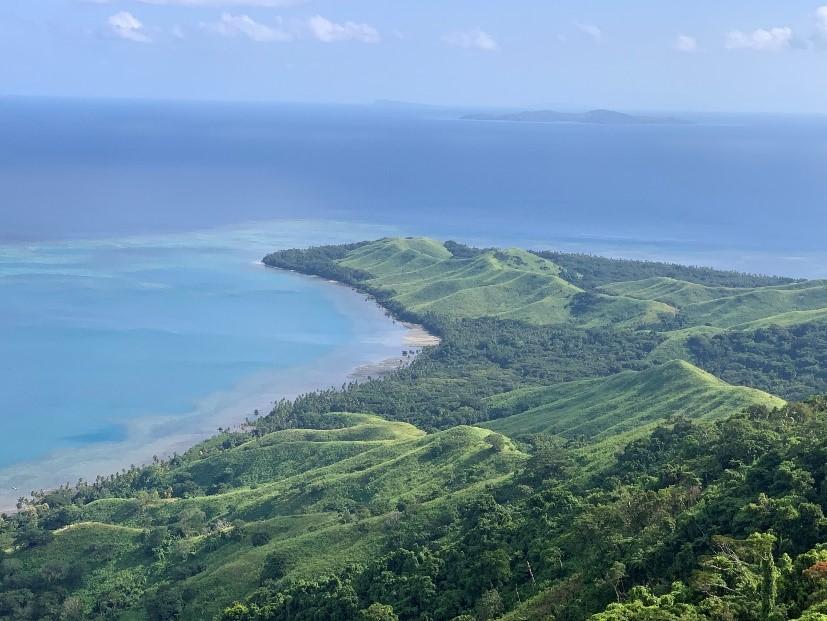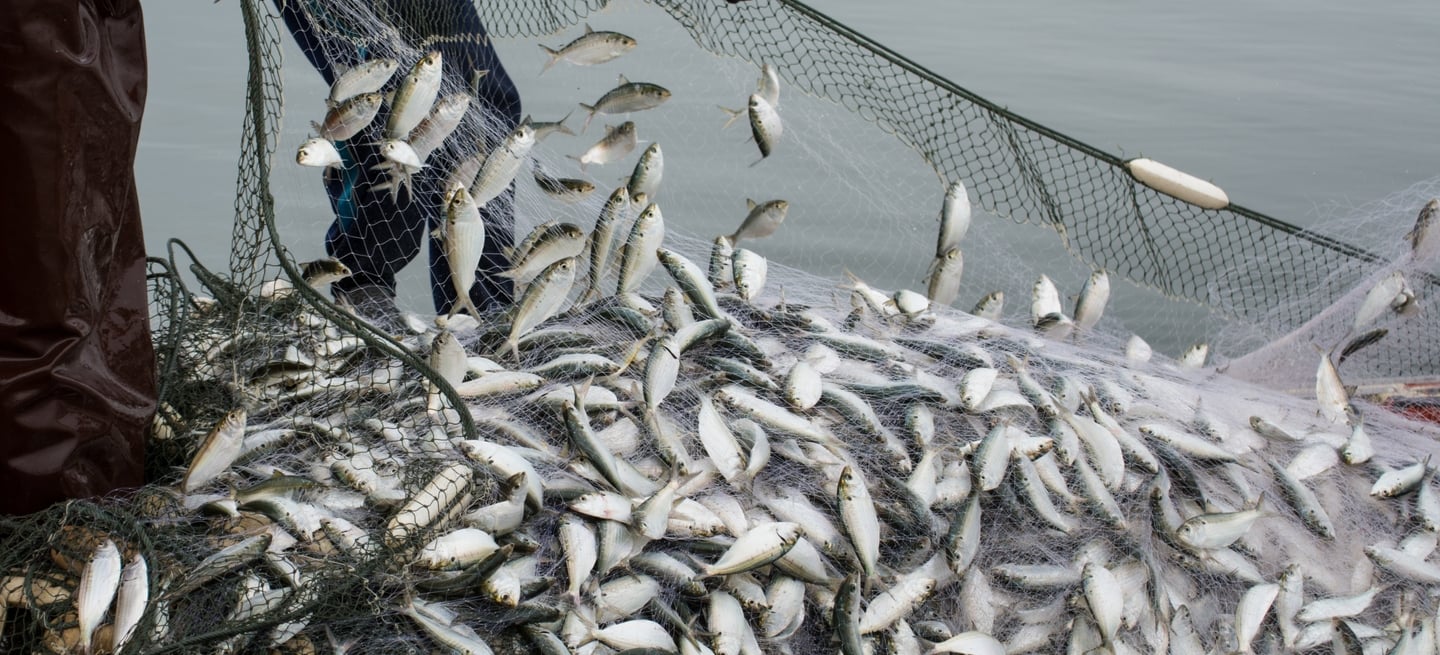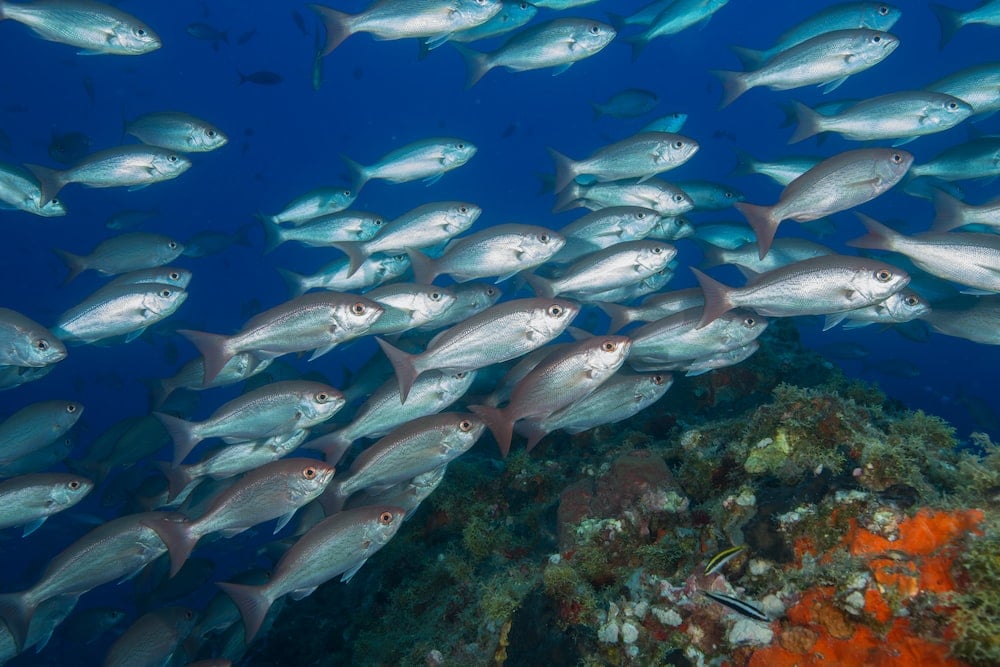Fiji’s Trade Minister says WTO must address trade and environmental issues and be responsive to the global challenges that the Pacific face
The launch of the World Trade Organisation (WTO) reform work is an opportunity to improve the organisation’s decision-making by ensuring Pacific voices are heard, Fiji’s Trade Minister, Faiyaz Koya said at a special workshop of WTO Pacific Trade Ministers in Nadi last month.
Stressing that WTO must deliver trade outcomes that support development, Koya said that as net food-importing developing countries, the Pacific needs WTO rules to clarify the use of export restrictions and ensure there is access to food supplies relating to food security including reforms to WTO that would reduce distortions in agricultural trade.
“Future pandemic preparedness trade policy measures such as export restrictions should not disrupt access to medical supplies and equipment needed to combat diseases and equipment needed to make sure that we’re all safe,” Koya said.
“The importance of these discussions to the Pacific Island countries is obvious. We do not have domestic production capacity in terms of the e-Commerce program, and the reaffirmation of the development issues in the small economics economies work program.”
Koya said the WTO must address trade and environmental issues and that the proliferation of important issues the WTO deals with reinforced the need for the Pacific to be represented in Geneva as dealing with many important issues simultaneously in the WTO was a challenge for many small countries.
“The recognition of trade and environmental issues ensures that the work in the WTO contributes to the achievement of Sustainable Development Goals, we look forward to practical solutions to assist developing countries transition into low carbon economies. Technical Assistance, capacity building and access to finance and technology are actually critical for us to meet our goals.
“The WTO also needs to be responsive to the global challenges that we face, the dispute settlement system of the WTO is critical. Without such a system, international trade will no longer be based on a multilateraly agreed rules,” Koya adds.
“The reform of dispute settlement must not simply restore the past system, it must be built back better and it must be inclusive, transparent and usable by the small members. The system must give small island developing states confidence that we can raise our concerns and those concerns will be heard.”




